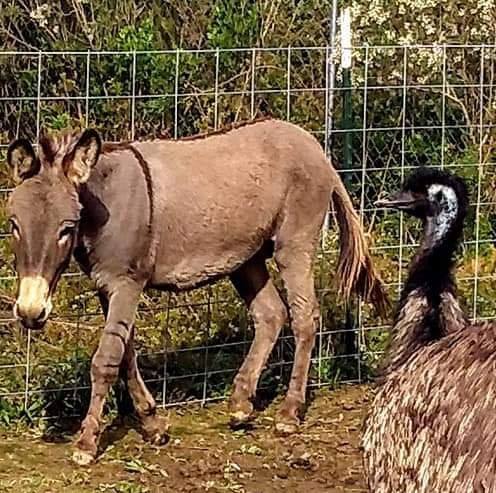http://jessicapierce.net/
A new book by ethicist Jessica Pierce, released over the weekend, explores the morally ambiguous problem of keeping pets.
In a Sunday op-ed in the New York Times, Pierce, who holds a master of divinity from Harvard and a Ph.D in religious ethic from the University of Virginia argues that we humans need to reconsider the quandary of loving, and having, animals for our own pleasure.
How many dogs, for instance, are given lots of attention inside a home, but rarely get outside? How many spend their weekdays inside and alone, while their owners are at work, save for the one or two times a dog walker or neighbor drops by for a few minutes to feed them and take them out briefly? Is it going too far to suggest that these dogs are suffering?
In addition to love, a dog or cat owner also has to have time, space, energy, patience, money and a strong sense of commitment to being there for and with their animal. The choice of being a pet owner is rarely thrust upon us unexpectedly. Saying no is often the most responsible option.
If we buy fewer dogs and cats from breeders and pet stores, the pet population boom might gradually taper off, and the numbers of abandoned animals in shelters should start to decline as well.
Pierce’s last book, The Last Walk: Reflections on Our Pets at the Ends of Their Lives, explores end-of-life care, dying, and euthanasia in the lives of our companion animals, weaving analysis together with a journal chronicling the decline and death of my beloved dog Odysseus.
Her new book Run, Spot, Run: The Ethics of Keeping Pets, makes the case that the keeping of pets is, at best, morally ambiguous and, at worst, a serious problem.
As a pet owner throughout the years, Pierce said she has become increasingly uncomfortable with the very notion of “pet” because scientists studying “animal cognition and emotion are continually peeling back the mysteries of animal minds, revealing an incredible and often surprising richness in the thoughts and feelings of other creatures.”
A pet gecko much loved in her family, Pierce wrote, was constantly clawing at its glass tank and a goldfish that swam around in circles in a small bowl were both subject to boredom and stress.
While dogs and cats have become domesticated for centuries and enjoy love and companionship from their owner, it’s easy to forget that while we have lives outside of our pets, their whole worlds are centered on their humans.
Yet if we really care about animals, we ought to look beyond the sentimental and carefully scrutinize our practices. Animals are not toys — they are living, breathing, feeling creatures. Perhaps we can try to step into their paws or claws and see what being a pet means from their perspective. We might not always like what we see.
h/t: NYT, Jessica Pierce




